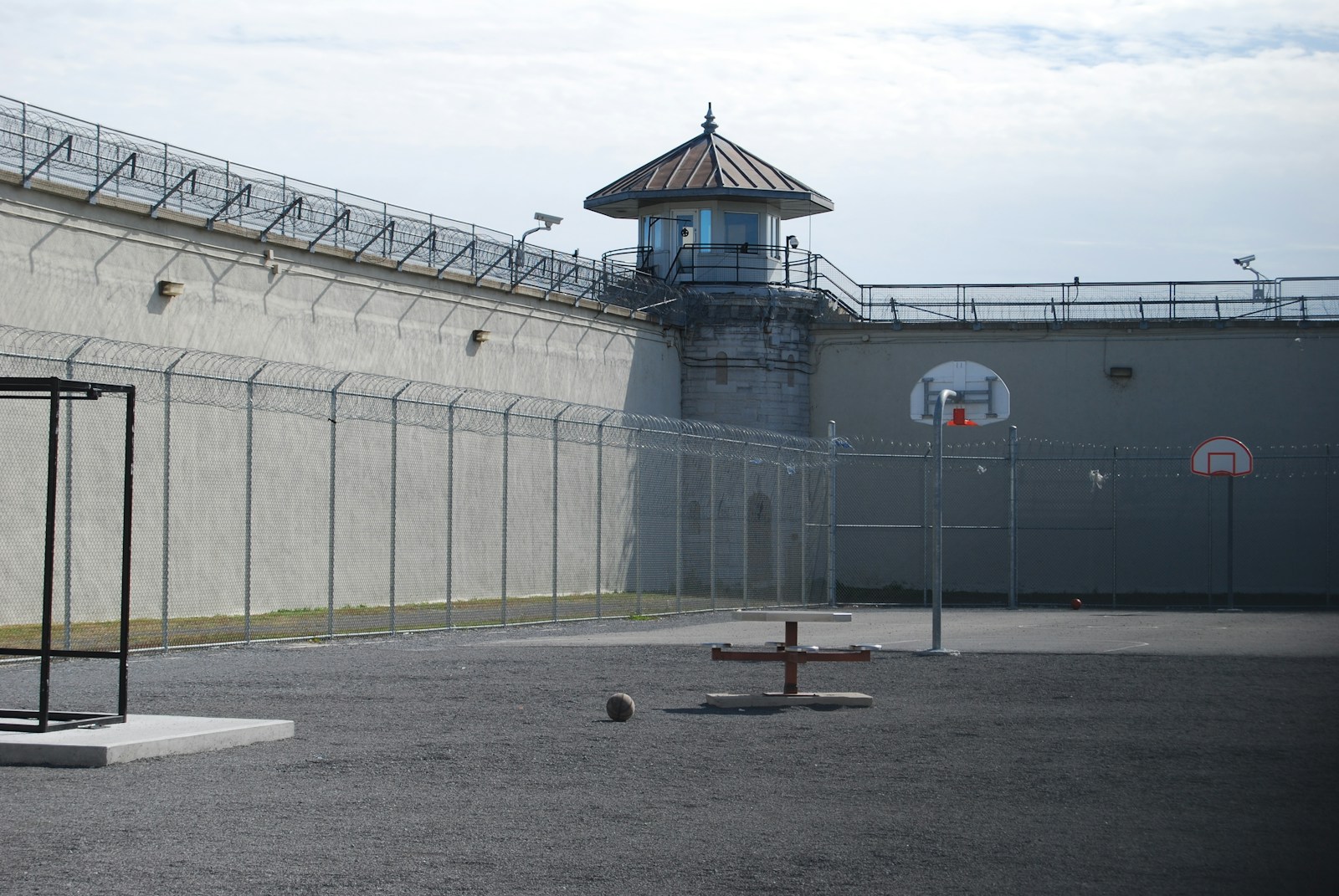Key Takeaways:
- Rep. Teresa Leger Fernández pressed Chairman Comer on the Maxwell prison transfer.
- Chairman Comer refused to promise a focused probe into the transfer.
- Ghislaine Maxwell moved to a minimum-security camp against policy.
- Victims say the transfer retraumatizes those she harmed.
- Lawmakers now push for a dedicated hearing to find answers.
Maxwell Prison Transfer Sparks Anger at Oversight Hearing
At a high-stakes hearing, Rep. Teresa Leger Fernández asked why Ghislaine Maxwell got special treatment in prison. She wanted to know if the committee would investigate the Maxwell prison transfer. Chairman James Comer grew visibly frustrated. He kept repeating that there would be a general hearing, but he dodged her specific question. Fernández insisted on answers, noting that victims had voiced outrage over the move.
The exchange grew tense when Comer accused Fernández of ignoring human trafficking victims. He argued the committee planned wide-ranging hearings and that a narrow probe on Maxwell’s prison move was pointless. As Comer interrupted, Fernández reclaimed her time and stressed the transfer retraumatized survivors. Ultimately, the committee chair did not commit to a focused inquiry into the Maxwell prison transfer.
Understanding the Maxwell Prison Transfer Decision
Ghislaine Maxwell, convicted for aiding Jeffrey Epstein’s sex trafficking, sat for an interview with Deputy Attorney General Todd Blanche. From the start, prosecutors labeled her a liar whose testimony could not be trusted. Yet shortly after her statements, Maxwell won a transfer to a minimum-security camp in Bryan, Texas. This move clashed with the Federal Bureau of Prisons’ rules for handling convicted sex offenders.
Moreover, critics claim the Maxwell prison transfer raises deep concerns about fairness and hidden influence. The Bureau of Prisons policy explicitly advises stricter custody for those with sexual offense convictions. Therefore, the shift to a lighter facility prompts questions about who approved the transfer and why they did so.
Why Lawmakers and Victims Are Demanding Answers
Fernández highlighted that the transfer came against official policy and sparked outrage among Epstein’s survivors. She emphasized how survivors felt retraumatized when Maxwell received favorable treatment. The congresswoman pressed Comer for a commitment to a focused hearing on this narrow issue. However, Comer insisted any questions could arise at a broader hearing but refused to promise one centered on Maxwell’s case.
Victims and advocates now call for transparency. They want to know who greenlit the transfer and whether political factors played a role. Many fear the Maxwell prison transfer reflects a government coverup that overlooks the suffering of survivors. In addition, they worry this sets a dangerous precedent for other high-profile convicts.
Political Fallout and Media Reaction
Meanwhile, some pro-Trump commentators have spun the Maxwell case as proof of her victimhood. A Newsmax host even suggested she might have been manipulated by Epstein. However, countless victims testified that Maxwell herself abused them. This contradiction fuels public confusion and adds fuel to the controversy over the Maxwell prison transfer.
Furthermore, Trump’s own prosecutors disagreed with the move. They branded Maxwell untrustworthy and opposed lenient custody. Bill Barr, who once clashed with Trump, also testified at the hearing. His presence underscored that concerns about Maxwell’s case cross party lines. Yet despite these voices, Comer stuck to his stance, refusing to single out the prison transfer for deeper scrutiny.
What Could Happen Next on Capitol Hill?
Lawmakers are now debating whether to schedule a standalone hearing on the Maxwell prison transfer. Some members argue that only a focused session can reveal the truth behind the decision. Others say a broader hearing on human trafficking and coverups would cover Maxwell’s case anyway. Still, survivors and their supporters press for a distinct forum.
Therefore, the committee may face mounting pressure to act. If they hold a special hearing, witnesses could include Bureau of Prisons officials and Justice Department lawyers. Such a meeting might uncover who approved the transfer and why it defied policy. Ultimately, Congress could propose changes to prevent similar moves in the future.
In summary, the Maxwell prison transfer controversy centers on questions of fairness, policy violations, and accountability. As lawmakers spar over the need for a dedicated hearing, survivors wait for answers. The outcome could reshape how high-profile prisoners are treated and restore trust in the justice system.
Frequently Asked Questions
What is the Maxwell prison transfer about?
The Maxwell prison transfer refers to Ghislaine Maxwell’s move from a high-security facility to a minimum-security camp, despite rules against lenient custody for sex offenders.
Why do victims feel retraumatized by the transfer?
Victims say the move sends the wrong message, making them relive their trauma and doubt that justice is being served fairly.
Who asked for a hearing on this issue?
Rep. Teresa Leger Fernández pressed House Oversight Chairman James Comer to hold a focused hearing on the Maxwell prison transfer.
Could a new hearing reveal who approved the transfer?
Yes. A dedicated hearing could call Bureau of Prisons and Justice Department officials to explain how and why the transfer happened.
What might Congress do next?
Lawmakers could tighten rules on prisoner transfers, require more oversight, or pass laws to block special treatment for high-profile convicts.
